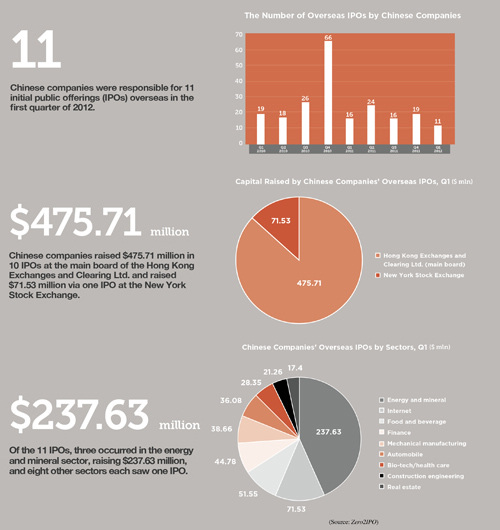|
THE MARKETS
China made progress in strengthening its new spot iron ore trading platform by signing up the mining giant Rio Tinto, Australia's largest iron ore producer, as one of its members.
Rio Tinto's participation marks a victory for the China Beijing International Mining Exchange (CBMX), which is trying to broaden its market participation. The electronic trading platform, which will officially start operation in May, is designed to strengthen China's pricing power on iron ore.
The move came a day after Brazilian miner Vale signed a memorandum of understanding with CBMX to support the development of the platform, though Vale is yet to officially join the network.
The CBMX is widely seen as a rival to the Singapore-based globalORE trading exchange backed by Australia's second largest iron ore producer BHP Billiton.
The China COSCO Holdings Co. Ltd. suffered 10.45 billion yuan ($1.66 billion) in net losses last year, compared with a net profit of 6.77 billion yuan ($1.07 billion) the year before, as the shipping giant received a heavy blow from waning demand and acute costs inflation.
COSCO operates the world's largest bulk cargo fleet and is the world's fifth largest container shipping firm. Its revenues in 2011 totaled 68.91 billion yuan ($10.94 billion), shrinking 14.5 percent from a year ago.
The company attributed the poor performance to the weakening global economy, which depressed demand for shipping.
"Another cause of the loss was rapidly rising fuel prices, which seriously inflated operating costs," said Wei Jiafu, Chairman and CEO of COSCO. "Meanwhile, some of our overseas assets lost value due to appreciation of the renminbi."
Looking ahead, Wei expected the container shipping market to recover in the latter half of 2012 as European debt woes moderate.
 | 